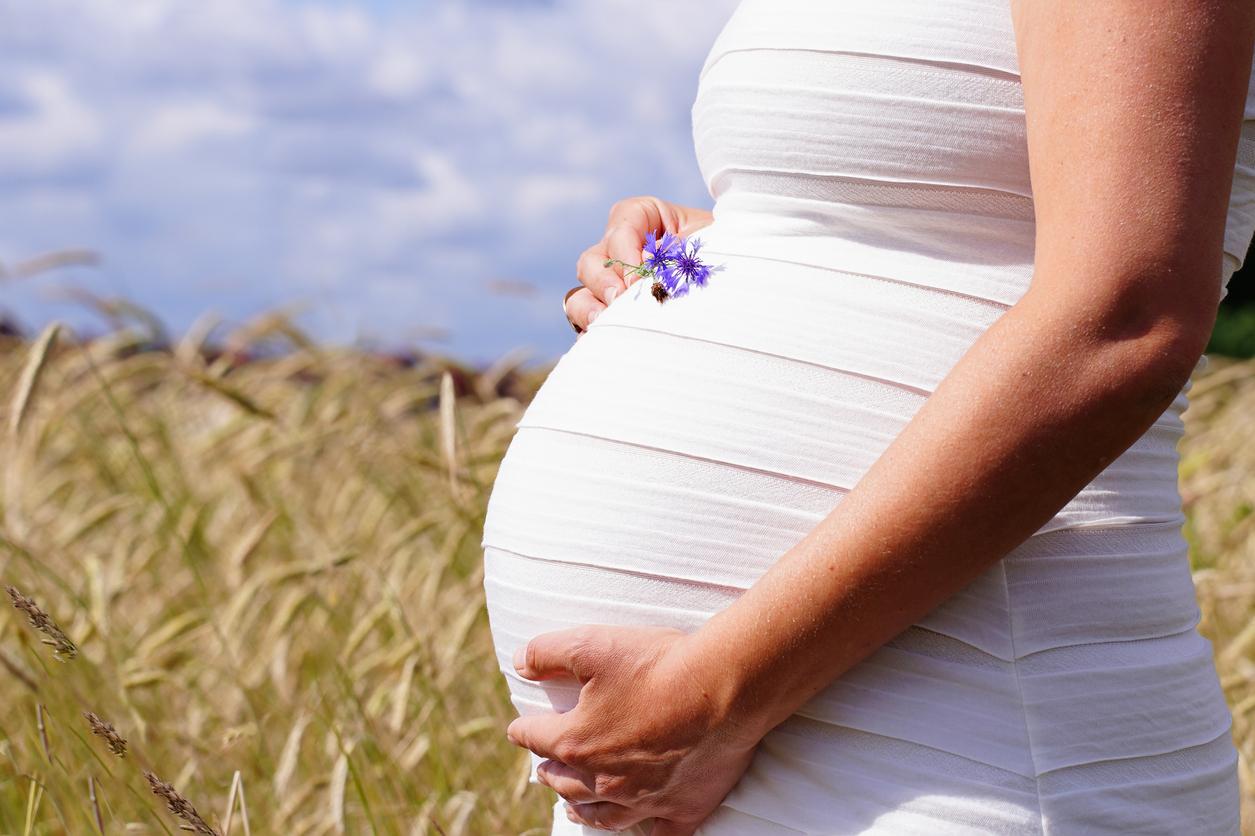The effect of exposure to pesticides and its implication in various diseases such as cancer, neurological diseases and reproductive disorders has been analyzed by scientists since the 1980s. The Ministry of Social Affairs and Health therefore asked the National Institute of Health and of medical research (Inserm) to carry out an assessment on this subject. Helped by a group of experts, Inserm has analyzed the international scientific literature published over the past 30 years.
Among the findings, that of the effect of exposure to pesticides during the prenatal and perinatal period as well as during infancy, is particularly alarming.
Pesticides and pregnancy
Numerous epidemiological studies suggest that the development of the child, in the short and medium term, is put at risk during exposure to pesticides during pregnancy. The increase in miscarriages as the risk of birth defects is no longer in doubt according to some studies. Others point to “an impairment of fine motor skills and visual acuity or even recent memory during the development of the child”, we read in the Inserm file. Among other things, recent analyzes highlight the link between pesticides and a high risk of leukemia and brain tumors.
That’s not all, Inserm experts warn users of these chemicals about the risks relating to fertility: “The link between certain pesticides (in particular dibromochloropropane), which are no longer used, and attacks male fertility has been clearly established but many uncertainties remain regarding the pesticides currently used. ”
Regarding female fertility, the subject “is poorly understood and deserves to be better studied”, conclude the researchers.


















